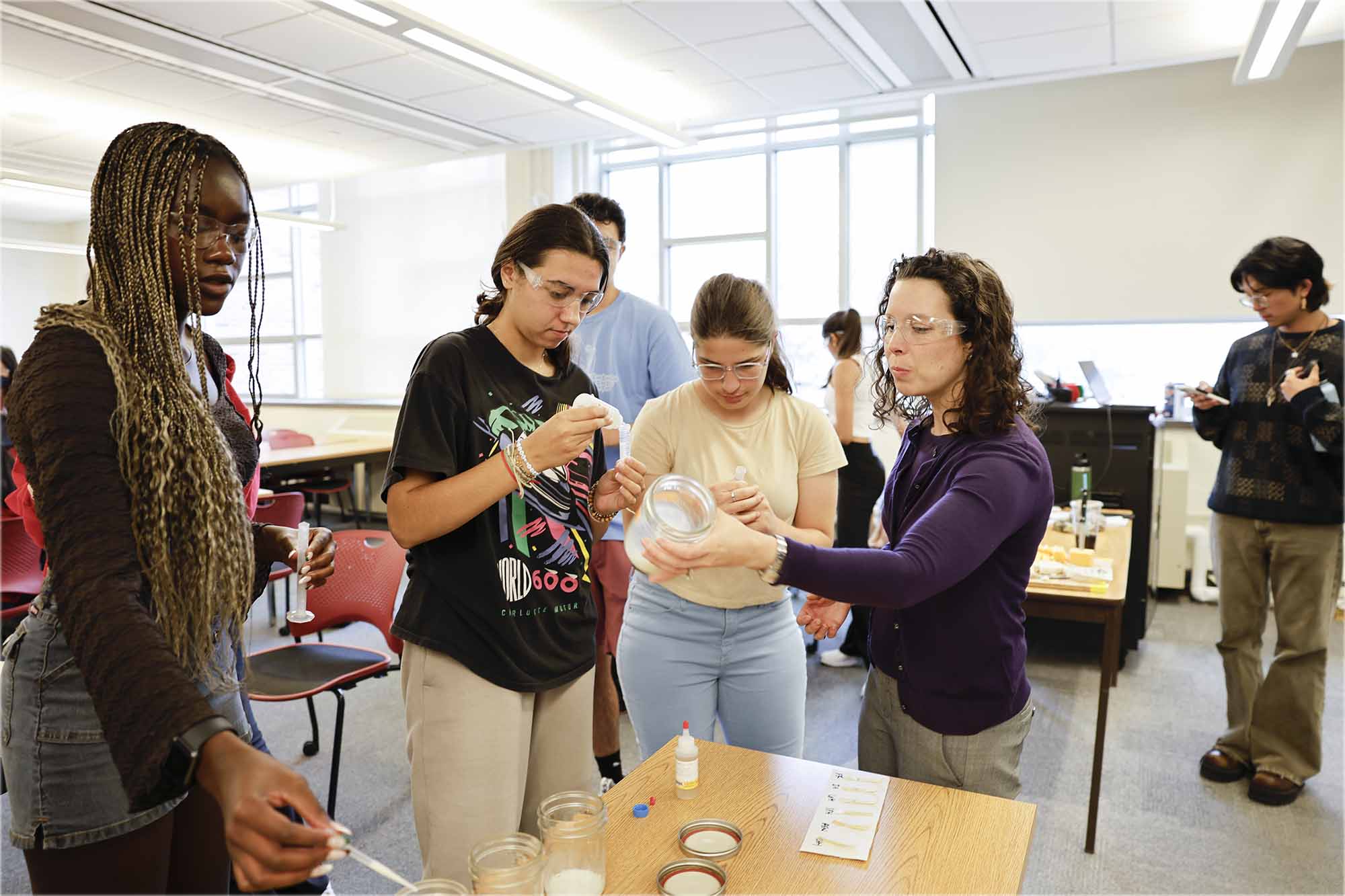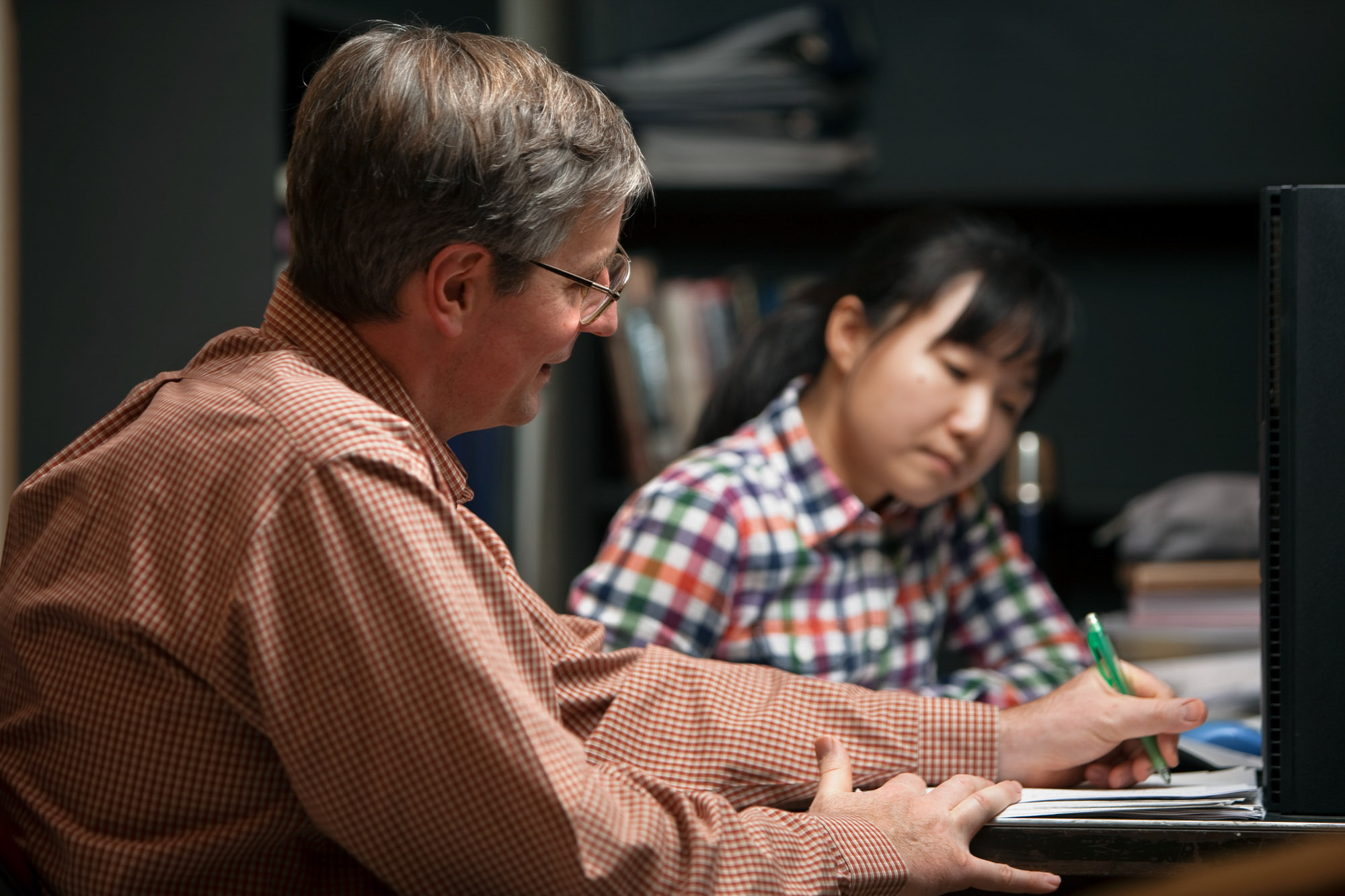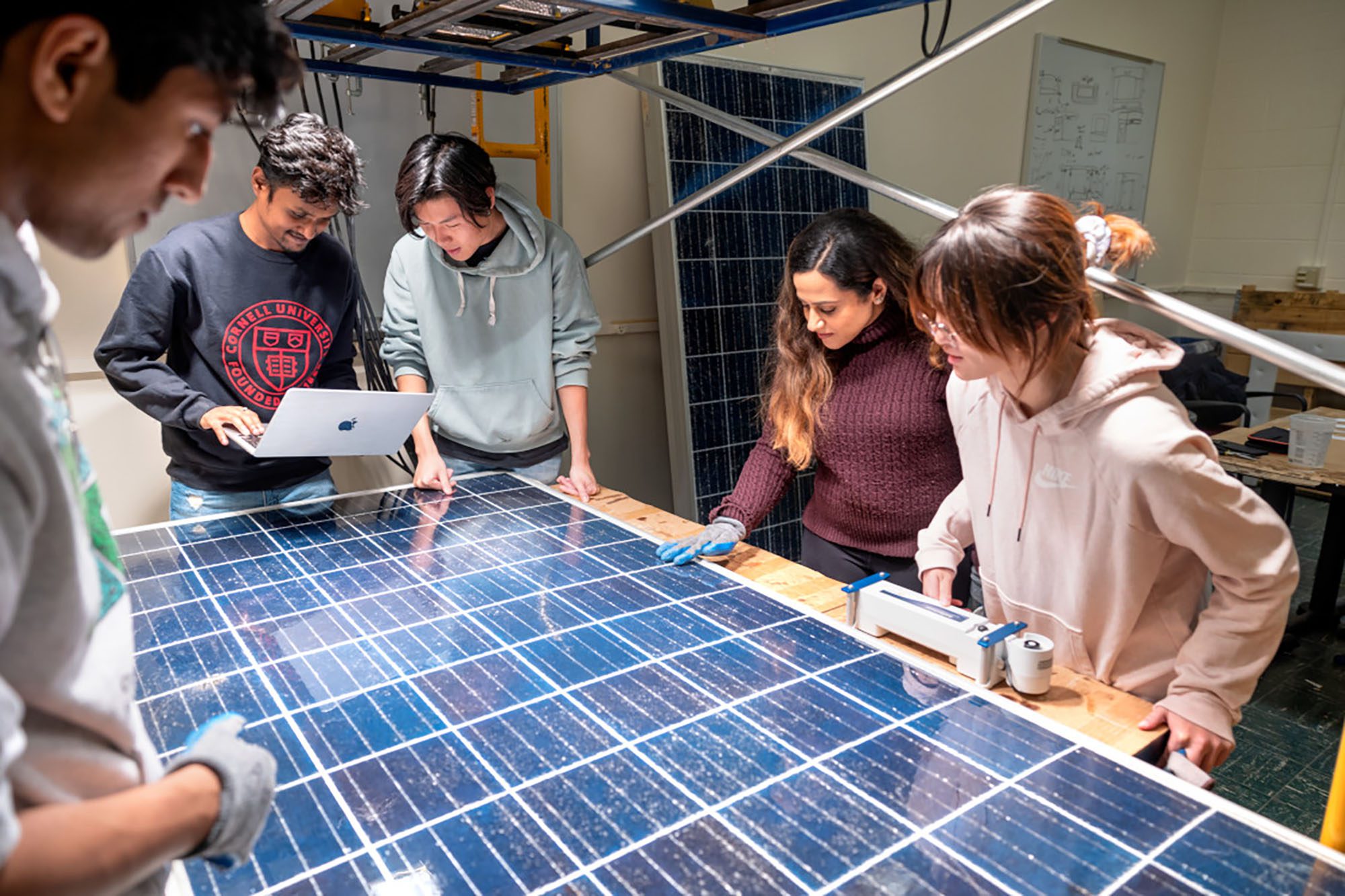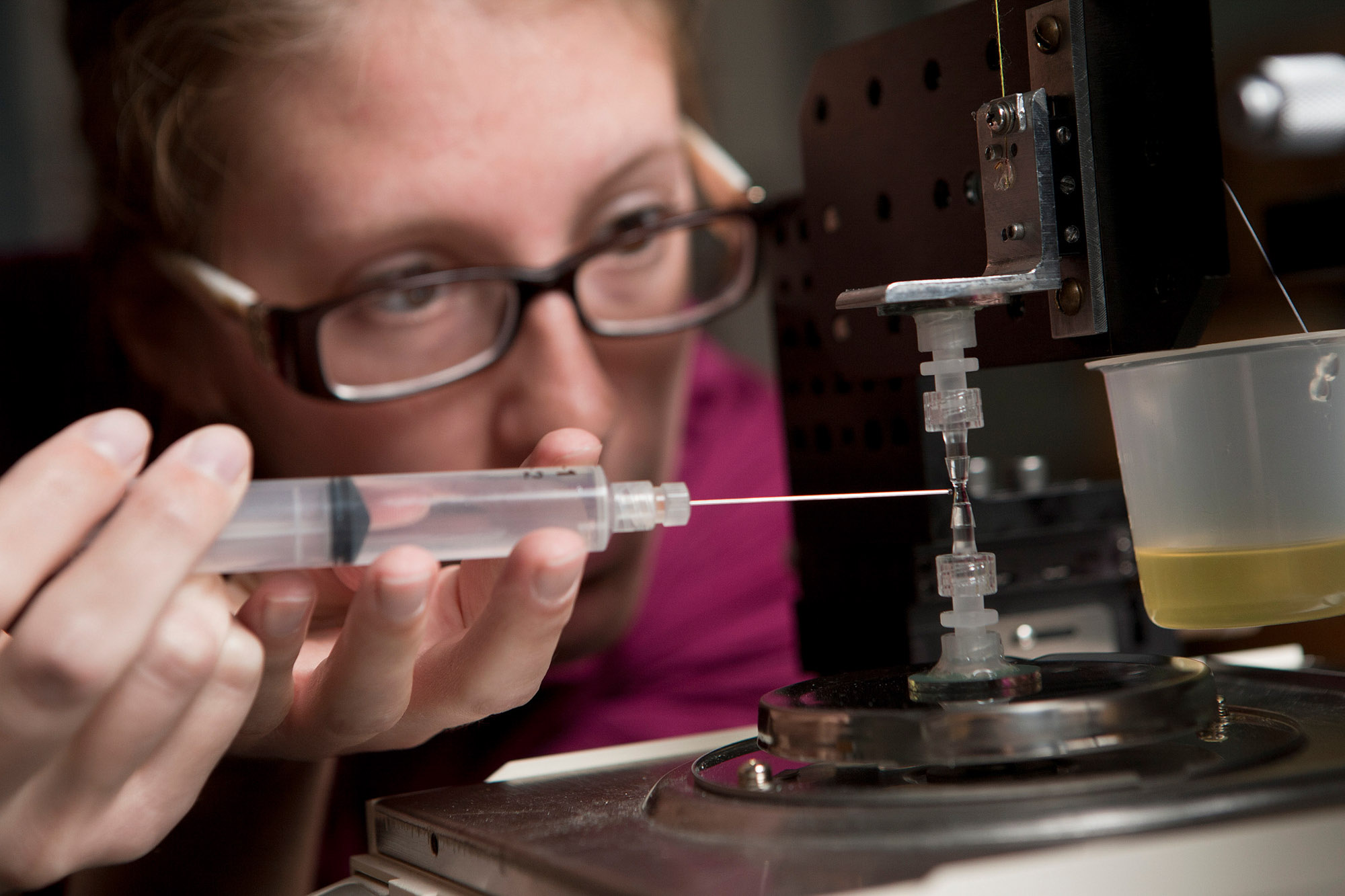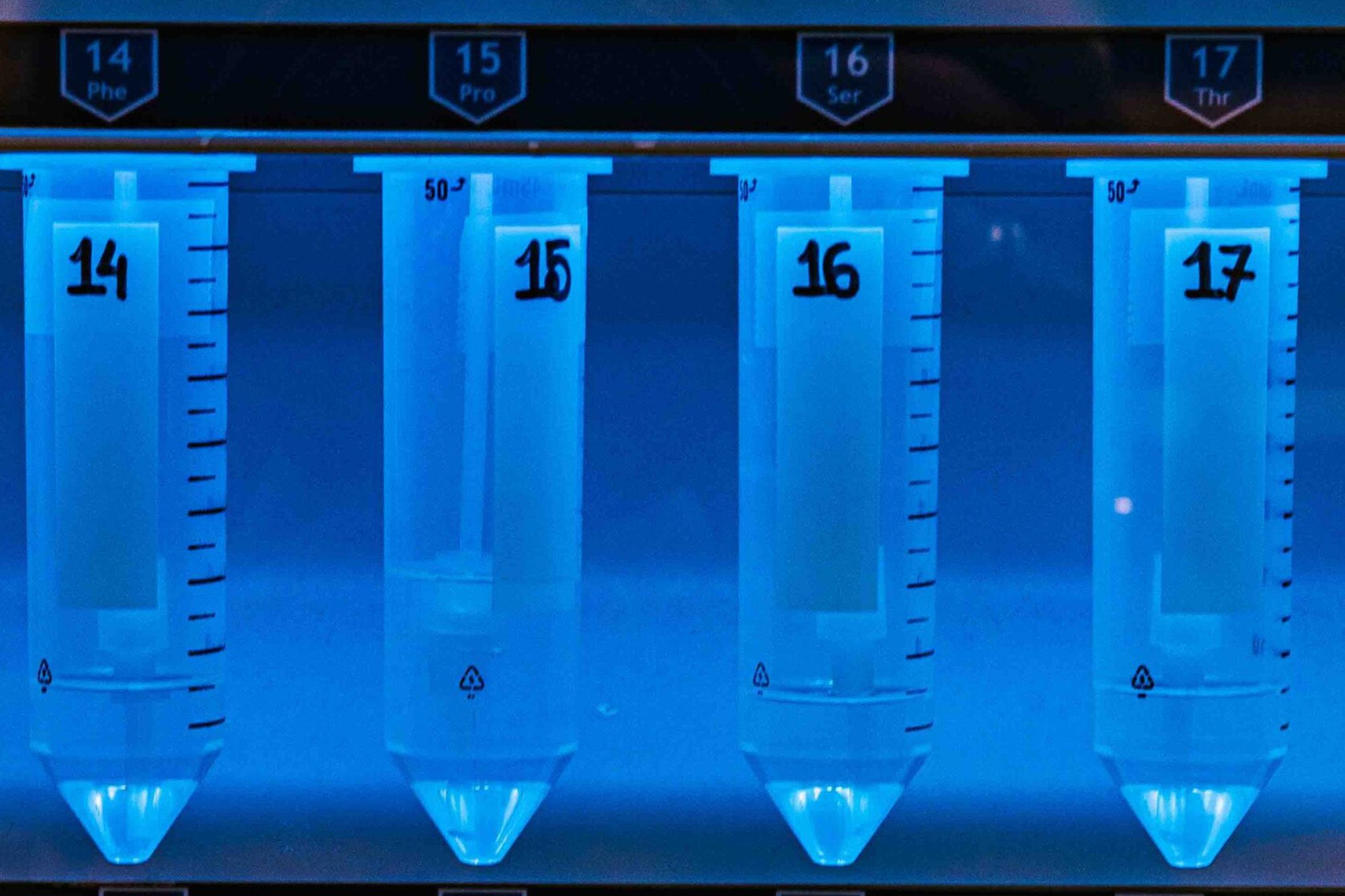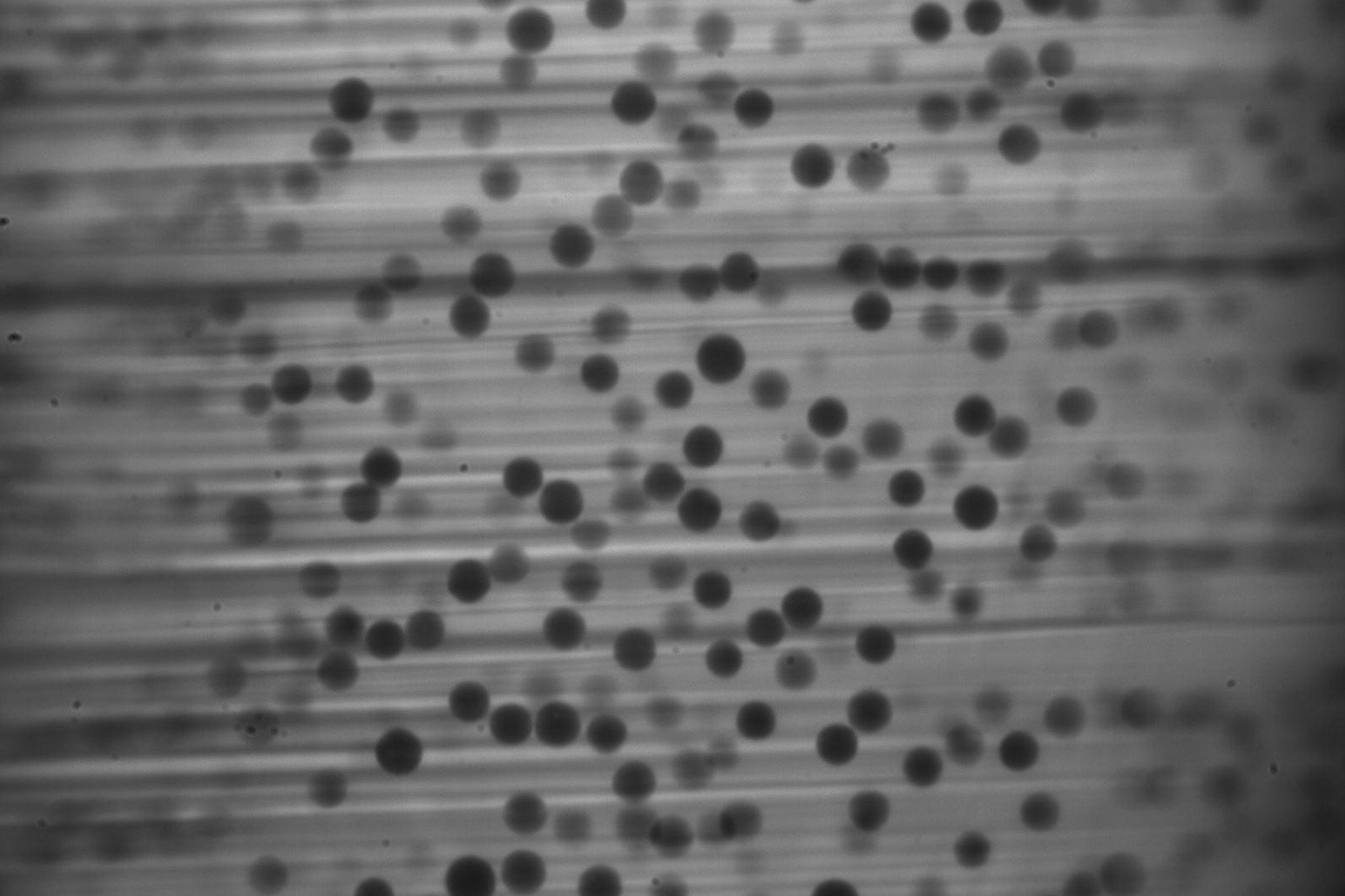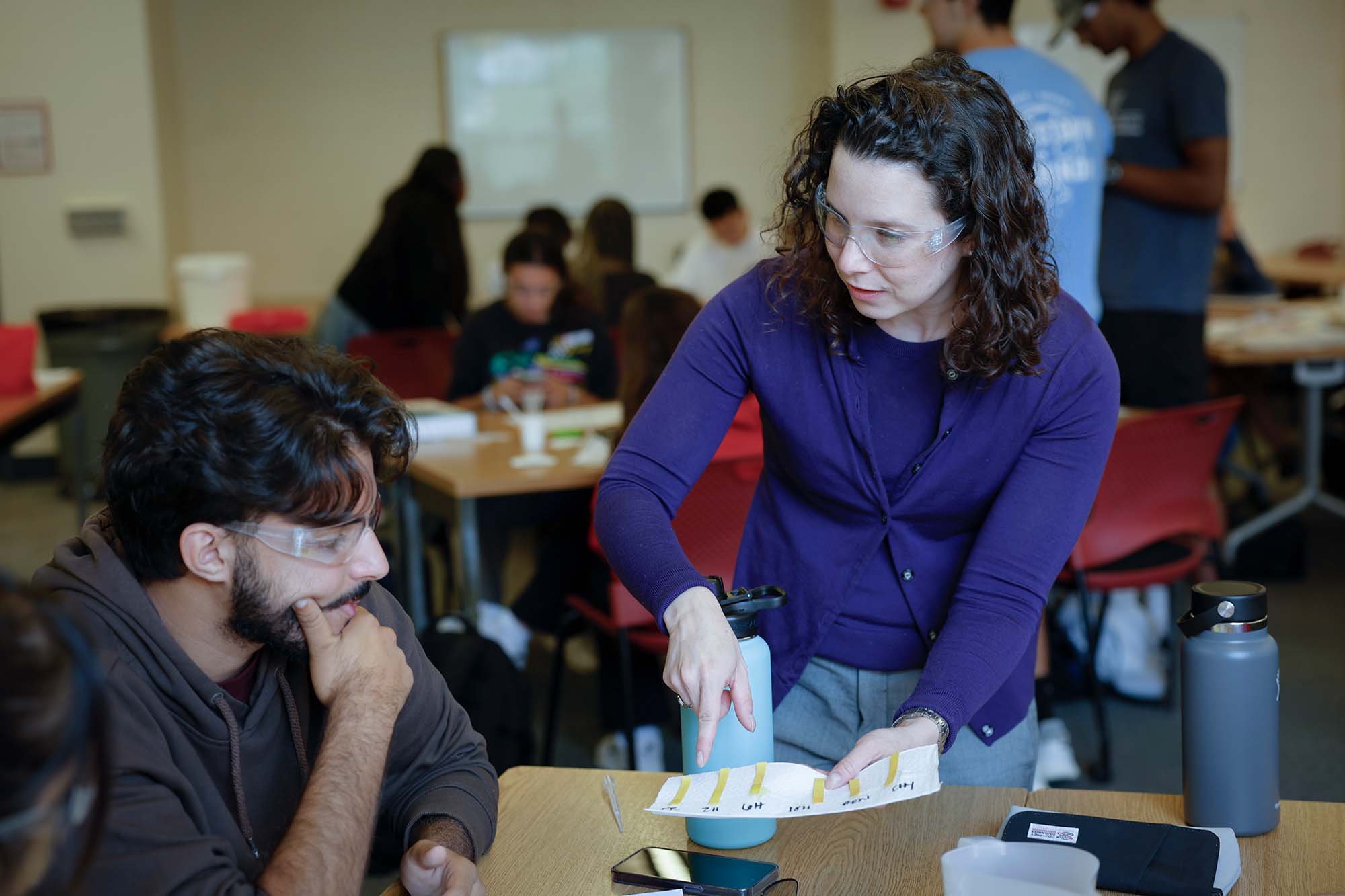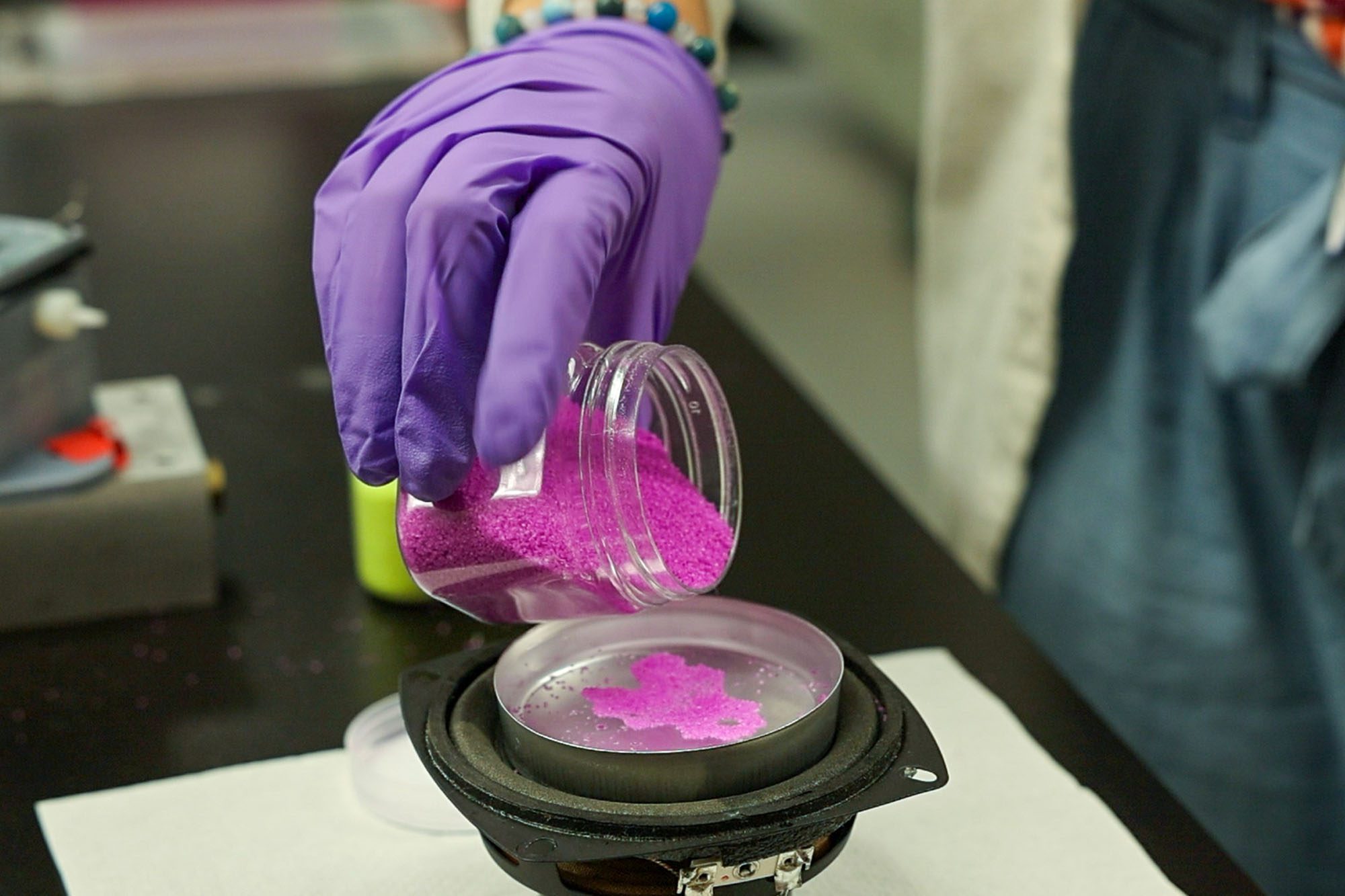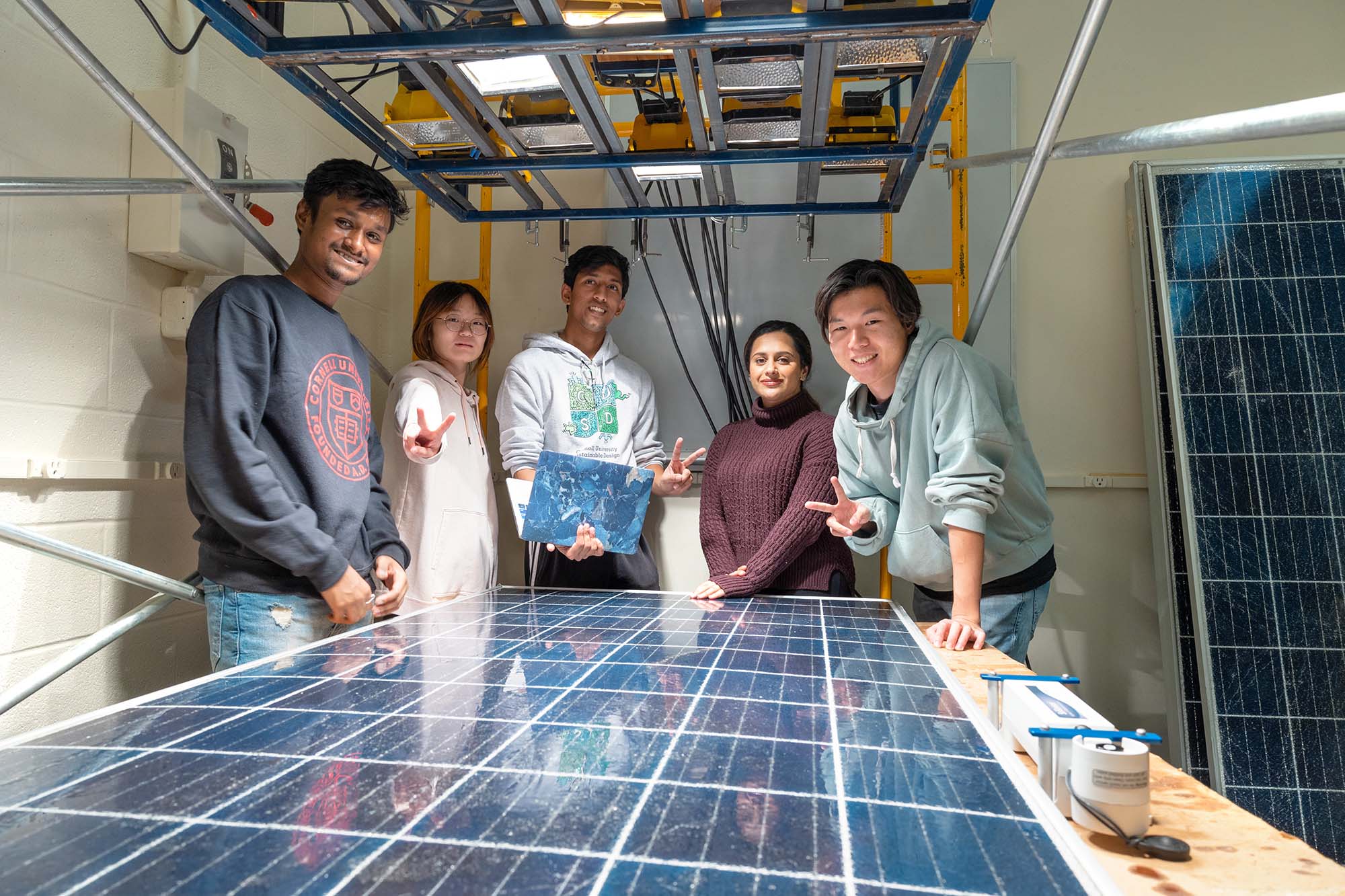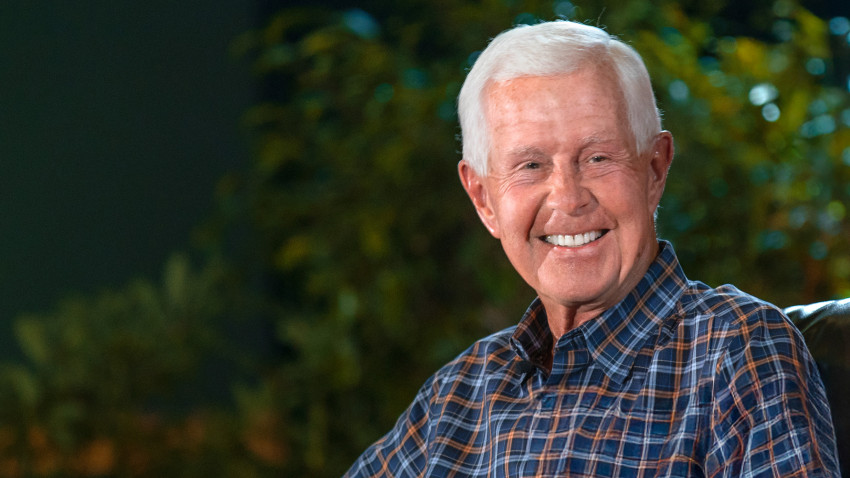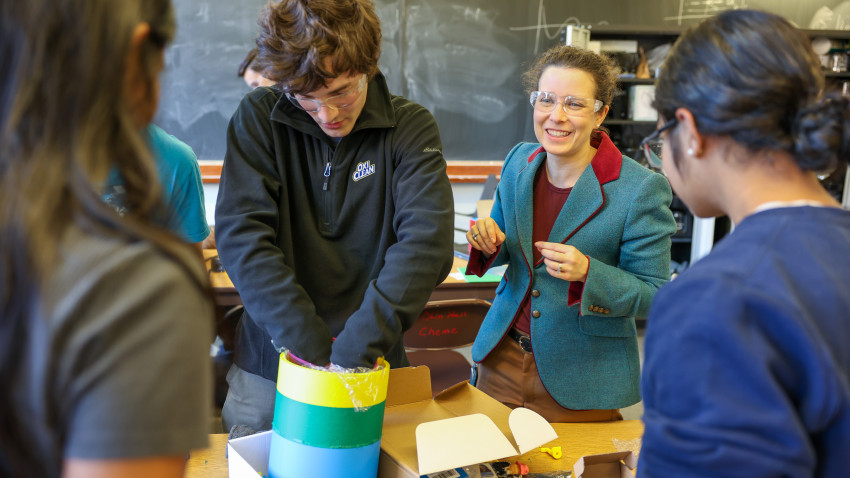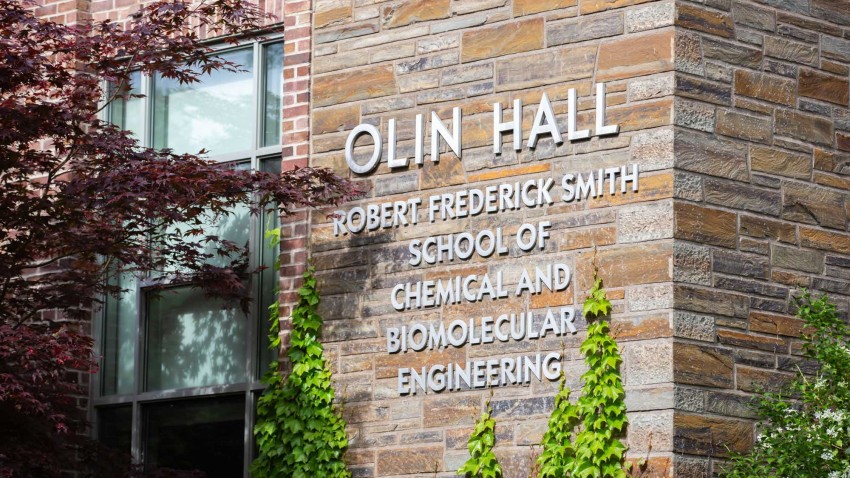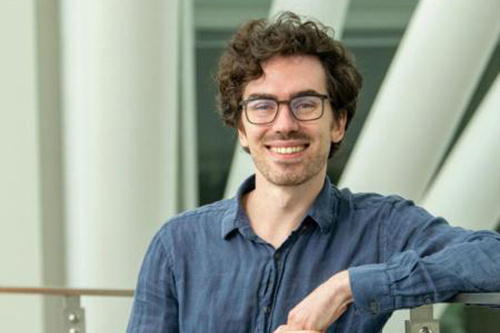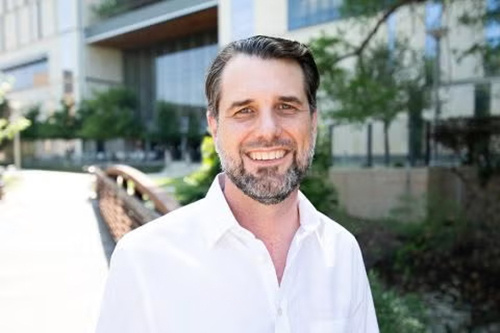Excellence in research, teaching and service.
We formulate solutions to chemical and biomolecular engineering challenges, from processes in food production, pharmaceuticals, and consumer products, to developing energy, electronics and innovative materials.
Our Programs
Transforming raw materials into valuable products through chemical processes. Great for those interested in industries like pharmaceuticals, energy, and manufacturing.
Strategic Research Areas
-
![A line of illuminated liquid-filled tubes for biomolecular testing lined up in a fume hood.]()
Biomolecular Engineering and Biotechnology
Pioneering research in synthetic biology, systems biology, biomedical research and biotechnology, biochemistry and biophysics of biological systems.
-
![Sarah Hormozi research image of particles in suspension soft matter complex fluids.]()
Soft Matter and Complex Fluids
Understanding the structure, behavior, and movement of complex fluids and polymers.
-
![Illustration of research on computational science and engineering.]()
Molecular Simulation and Complex Systems Modeling
Developing and applying computational models for engineering applications.
-
![Allison Godwin works with a student in an Engineering education research EER classroom.]()
Engineering Education
Combining engineering and education research to understand and improve the development of engineers.
-
![Gloved hand pours particles into liquid filled dish in the Tobias Hanrath lab.]()
Engineered Nanomaterials and Interfaces
Applying specialized knowledge to nanofibers, solar power, and materials science.
-
![M.Eng. students work together to decide how to refurbish one of the Solar Panel Reboot team’s broken photovoltaic boards.]()
Energy and Sustainability
Coordinating research and education efforts through sustainability centers to make affordable energy.
News Highlights
-
![David A. Duffield ’62, MBA ’64 is making the largest gift in Cornell history.]()
Largest gift in university history names Cornell David A. Duffield College of Engineering
More than $520 million in contributions from David A. Duffield ’62, MBA ’64 – including a new pledge of $371.5 million and a 2025 commitment of $100 million, combined with previous gifts – will establish the Cornell David A. Duffield College of Engineering.
-
![]()
Revolutionizing engineering education: The rise of a new research pillar
Cornell Engineering is rapidly becoming a leader in engineering education research, a field dedicated to designing effective education systems and learning experiences for students. The insights emerging from this work have the potential to redefine engineering education on campus and far outside it.
-
![]()
History-making gift endows professorship in R.F. Smith School
With the largest gift from a Cornell Engineering alumna in the college’s history, Lisa Walker ’86 has established the Lisa L. Walker 1986 Distinguished Professor of Chemical and Biomolecular Engineering, creating an endowed professorship and accompanying research fund to support exceptional faculty.
-
![]()
R.F. Smith School to ‘revolutionize’ chemical engineering with NSF grant
With the support of a Revolutionizing Engineering Departments grant from the National Science Foundation, the R.F. Smith School of Chemical and Biomolecular Engineering will update its undergraduate curriculum, completely overhaul how it is delivered and reshape the school’s culture.
Upcoming Events
-
![]()
CBE 7900 Seminar: Erik Thiede (Cornell Chemistry)
Recovering Molecular Heterogeneity using Molecular Simulation, Electron Microscopy, and Machine Learning Many of the chemical systems most relevant to modern science and technology – proteins, d…
-
![]()
Soft Matter Seminar: Françoise Brochard-Wyart (Curie Institute)
This year, our conversations will focus on the key challenges and opportunities in soft matter design, including living materials, nanomaterials, and the macroscopic behavior of soft systems. Each sem…
-
![]()
CBE 7900 Seminar: Thomas Truskett (Michigan)
Disordered plasmonic metamaterials The many-body optical response of disordered plasmonic nanoparticle assemblies can be continuously tuned through their colloidal building blocks’ structural o…
-
![]()
Chemical Engineering M.Eng. Virtual Info Session – Feb 10
Register Now Cornell’s one-year Chemical Engineering Master of Engineering (M.Eng.) program is designed to bridge the gap between your academic foundation and the demands of today’s profes…
